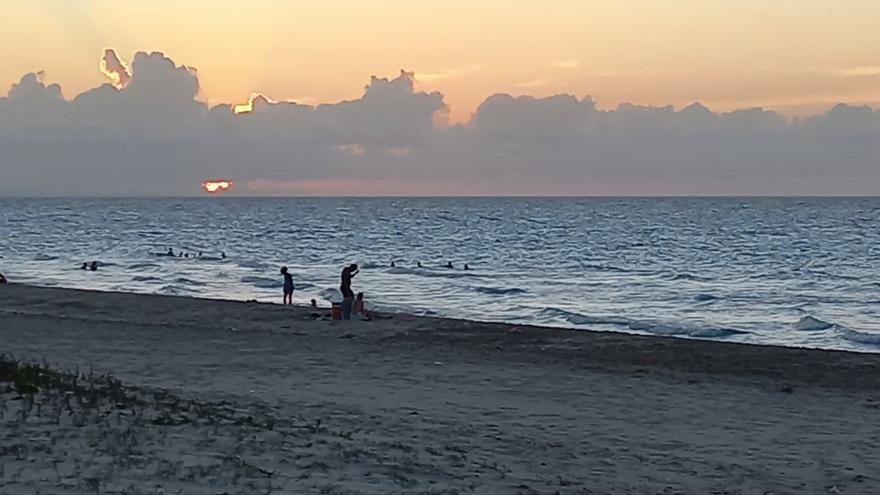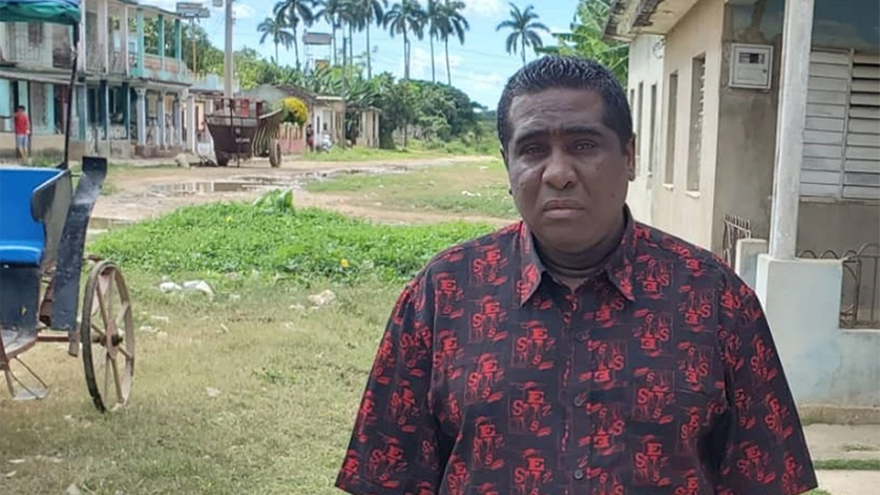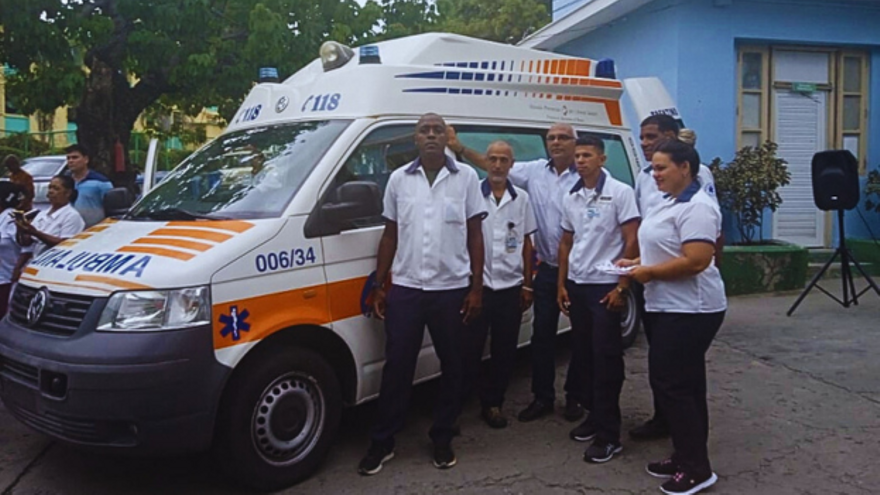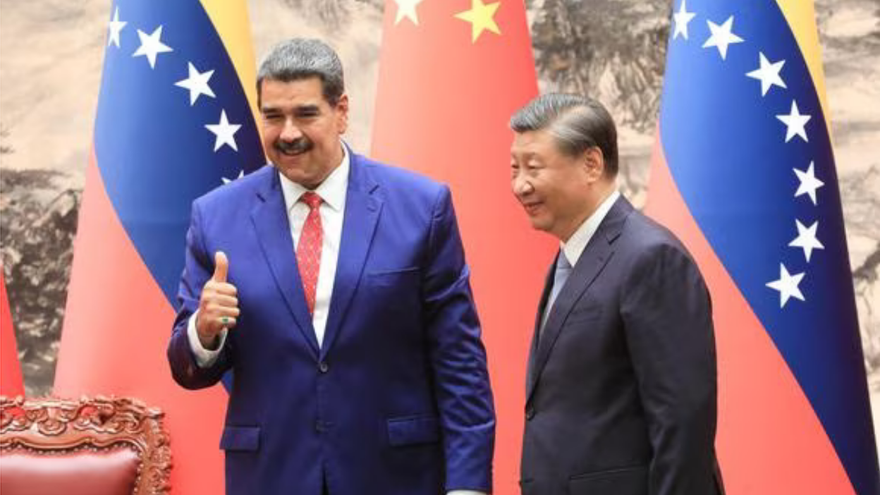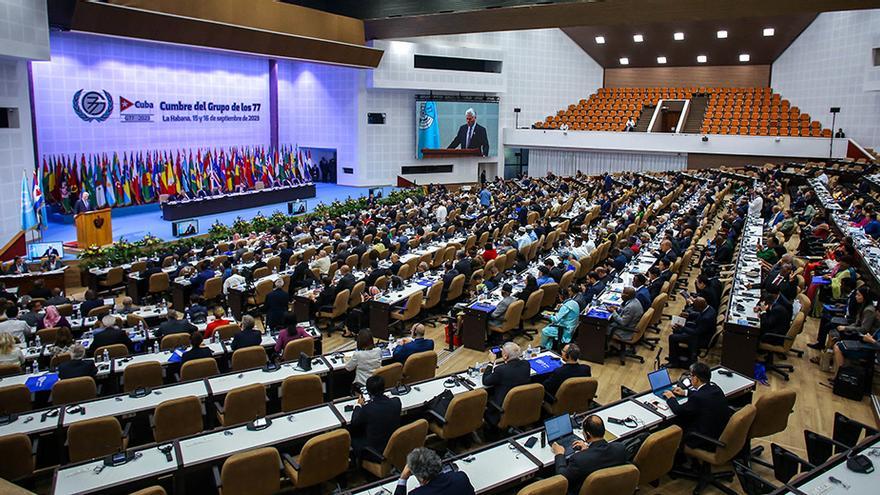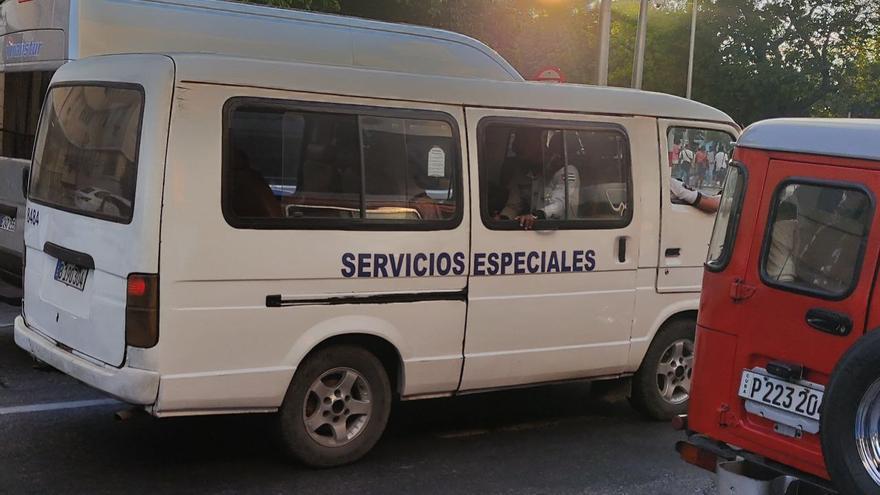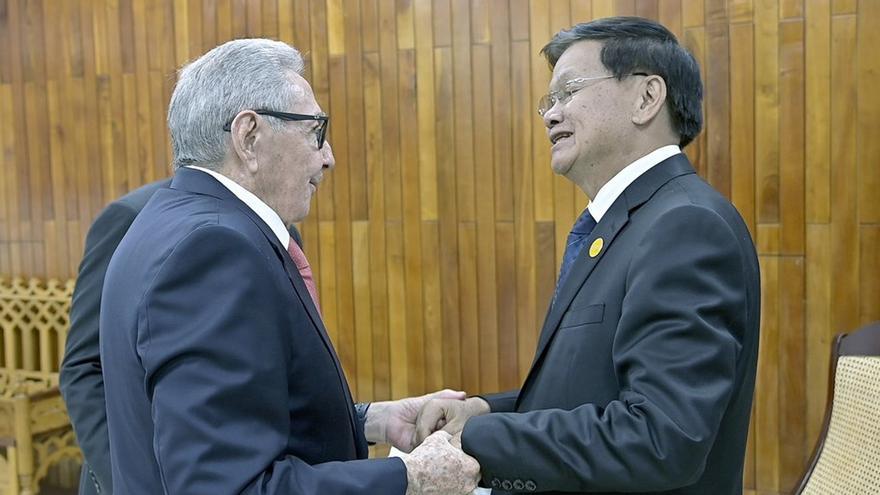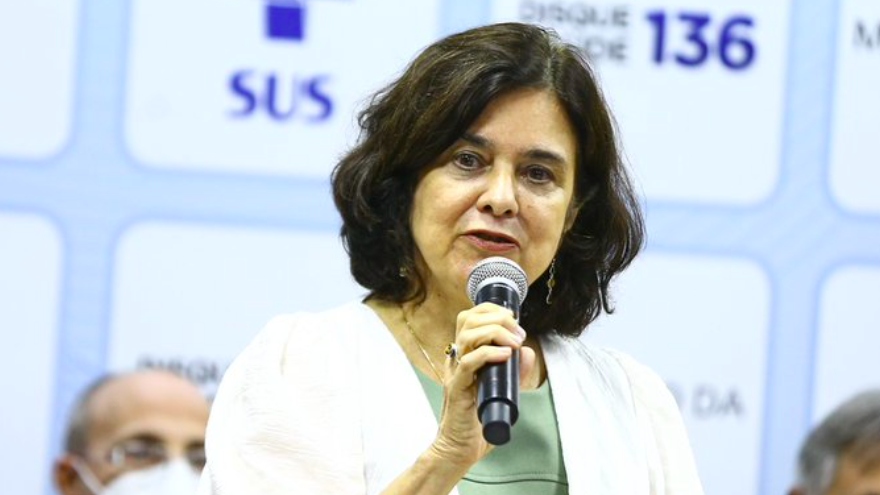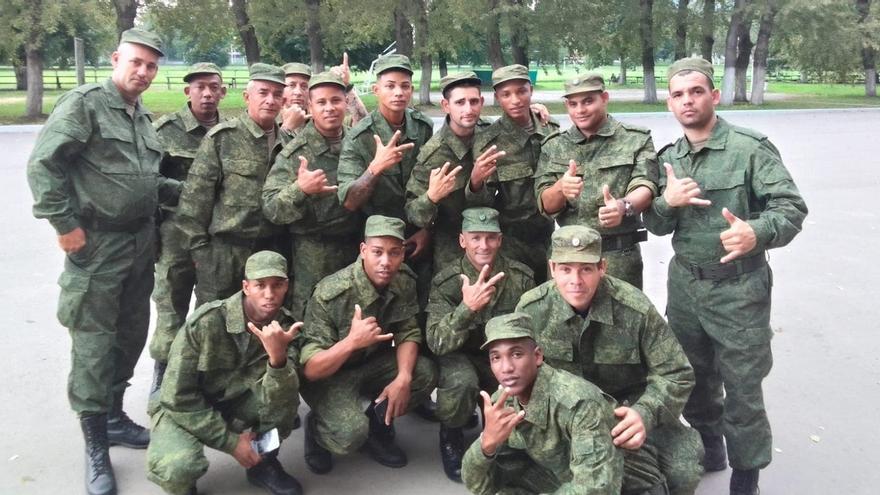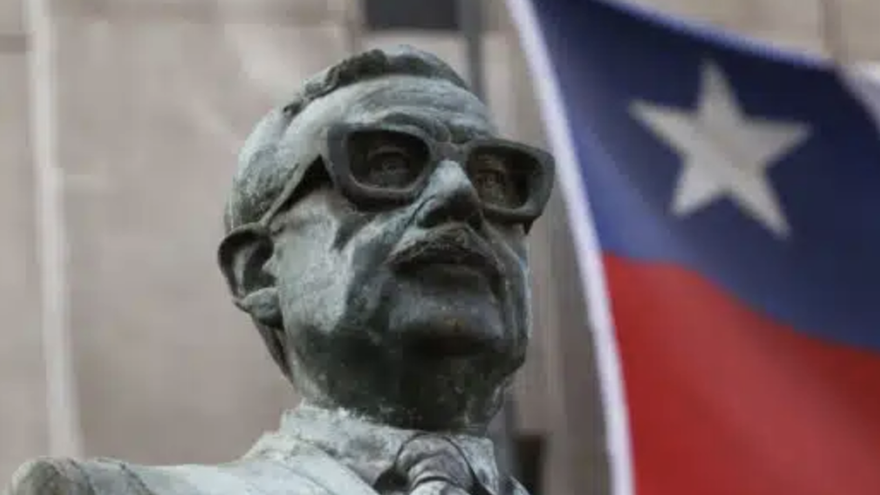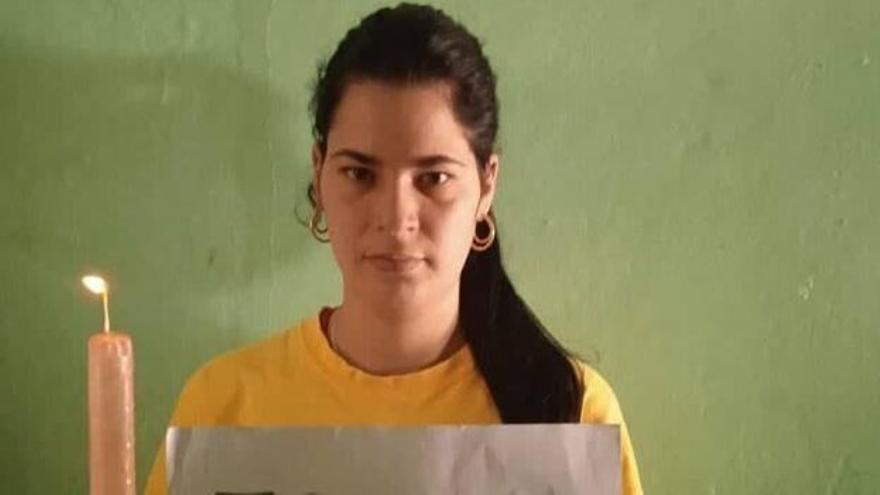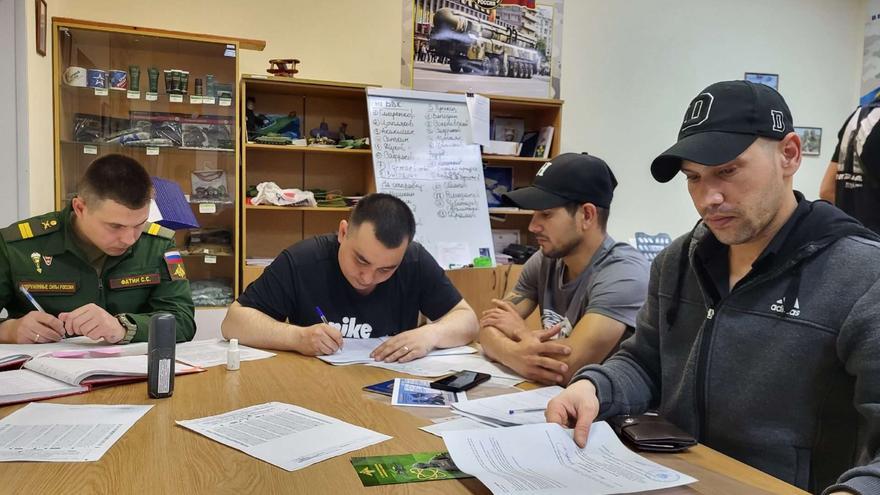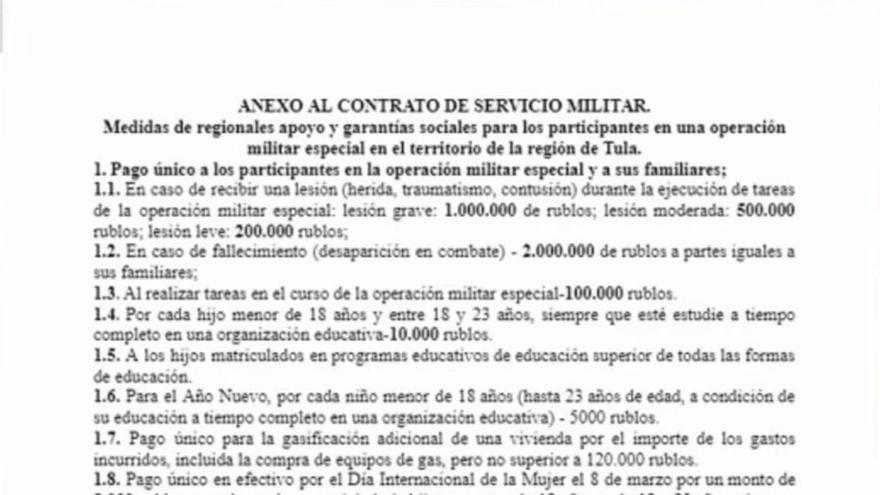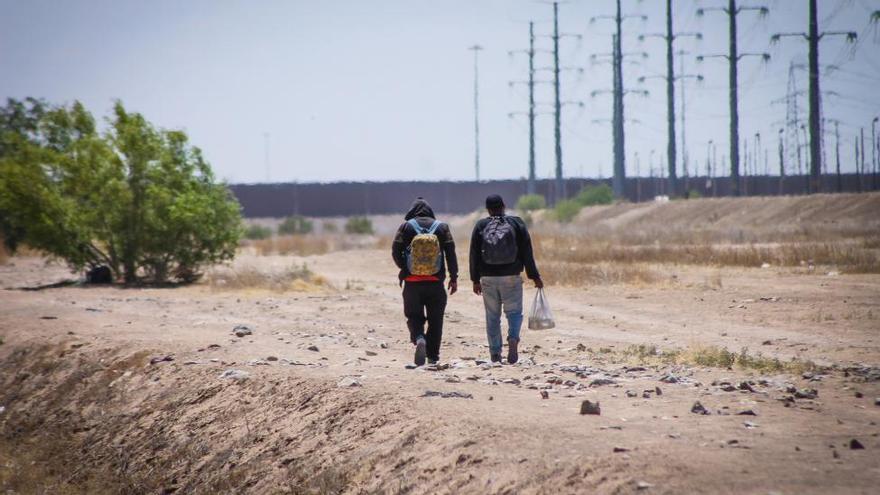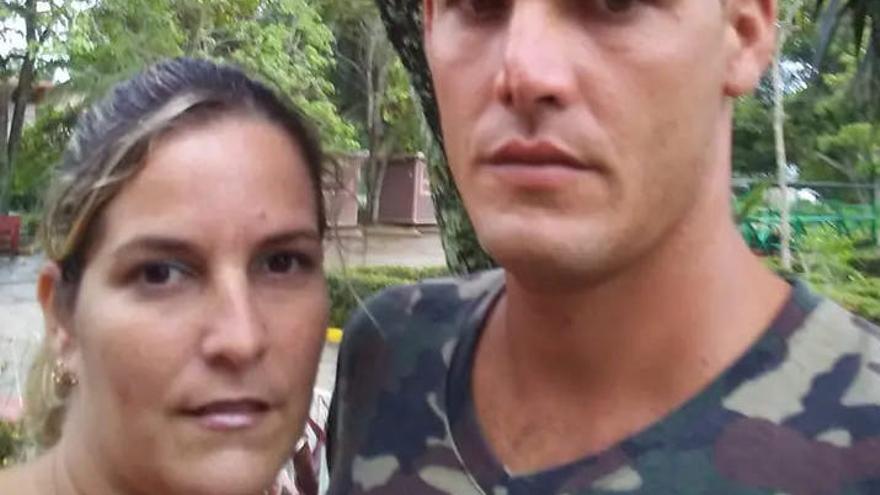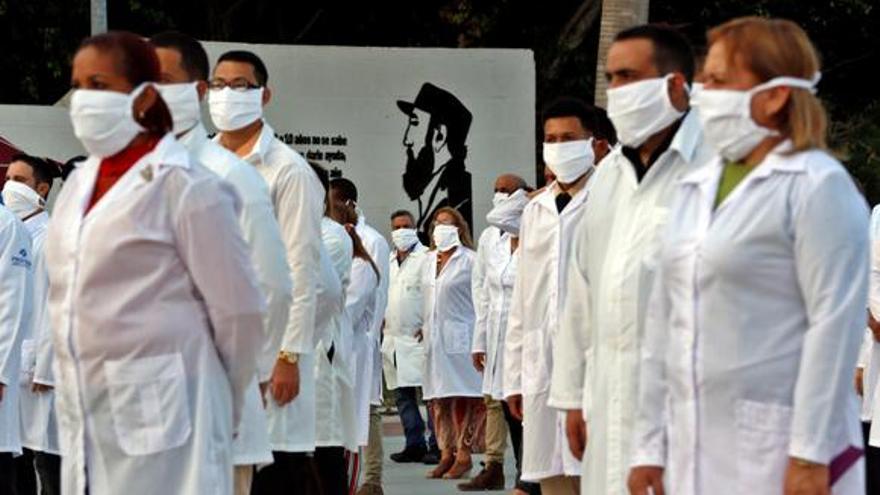
![]() 14ymedio, Natalia López Moya, Havana, September 18, 2023 — Aníbal has been planning his departure from Cuba for months. A relative abroad will help him with the ticket to Managua, and from there he will make his way to the United States. But this 29-year-old doctor from Guantánamo has encountered an obstacle that has paralyzed his departure: he is “regulated” by the Ministry of Public Health; what the regime means by the term “regulated” is that the person cannot leave the Island.
14ymedio, Natalia López Moya, Havana, September 18, 2023 — Aníbal has been planning his departure from Cuba for months. A relative abroad will help him with the ticket to Managua, and from there he will make his way to the United States. But this 29-year-old doctor from Guantánamo has encountered an obstacle that has paralyzed his departure: he is “regulated” by the Ministry of Public Health; what the regime means by the term “regulated” is that the person cannot leave the Island.
“I found out when I went to get my passport; the office employee told me: ‘Pipo, you are regulated by the MINSAP (Ministry of Public Health); you can’t even have a passport’. That was six months ago, and no one warned me before,” complains Aníbal, (name changed to avoid reprisals). “In Guantánamo there are dozens of us doctors in the same situation, and no one gives us an answer; we only get responses that are evasive.”
Aníbal graduated more than six years ago from the Faculty of Medicine of the city of Guantánamo but now practices Integral General Medicine (MGI) for the second year, a field chosen precisely because he knew that the specialists were being ‘regulated’. “Since I had known for a while that I wanted to emigrate, I preferred to work as an MGI,” he tells 14ymedio.
Hannibal practices Integral General Medicine for the second year, precisely because he knew that the specialists were being ‘regulated’ – forbidden to leave to leave the island
“I made a complaint to the Department of Human Resources of the Ministry of Health here in Guantánamo, but everything remains the same. Two months ago I checked again, and I can’t even get my passport,” says the young doctor. “Margarita, the head of the department, is the one who attends to the ‘regulated’. She is supposed to send emails to the ministry in Havana to unlock our cases, but we’ve waited for months and nothing changes.” continue reading
Aníbal’s story contradicts a statement made by MINSAP last August, when it denied the information circulating on social networks about alleged new regulations for the entry and exit from the country of workers in the healthcare sector. Georgina Álvarez, director of communications for MINSAP, warned against believing any rumor like this that was not confirmed through official channels.
But that denial did not calm minds and uncovered a wave of testimonies that indicated just the opposite. “I have not been practicing as a doctor for more than a year, and after that time I asked for ‘permanent deregulation’ for family reunification and was denied,” wrote a commentator who identified herself as Beatriz in the footnote published in the official media.
This newspaper tried, unsuccessfully, to get an answer about regulated doctors through the Facebook page of the Ministry of Public Health in Guantánamo and other provinces. The situation seems to be unequal depending on the territory and “the contacts that the doctor has,” says Hannibal.
The situation seems to be unequal depending on the territory and “the contacts that the doctor has,” says Hannibal
The Guantánamo Human Resources office attends every Thursday to the doctors who are in a situation similar to that of Hannibal. “Every time I go, the lines are immense. Many of them are there for the same reason, so I calculate that there are dozens, if not more than a hundred of us, who are regulated in this province,” he adds. “I was there at six in the morning, and at that time there were already people.”
“It is arbitrary because most of us who are regulated appear on paper as specialists or residents, even if we aren’t,” Aníbal said. “Those in that situation are more limited to travel, but now the ban has been extended to others who do not even meet those requirements.”
The doctor also recognizes that many of his colleagues choose to stop working in the sector for fear of not being able to leave the Island. “Those who stand in line complain because they are prevented from leaving the country or taking a leave from Public Health, which is almost the same, because many ask for leave to be able to emigrate later.”
In his opinion, the version of the head of the Department is false, and the intent is to prevent doctors from continuing to leave. “Not by improving the salary or working conditions, but by force, by obligation.” Aníbal also questions why his colleagues have not joined together to protest to the Health authorities. “Here the way that some of us have found is to denounce the situation in the independent media, but nothing more.”
In his opinion, the version of the head of the Department is false, and the intent is to prevent doctors from continuing to leave. “Not by improving the salary or working conditions, but by force, by obligation
“From my career year there are few in practice, and those of us who are working as doctors are regulated. The others are selling pizza, food,” he explains. “I should have taken a vacation myself, but I don’t think I’m going to because I can’t take it anymore. They are pushing me to ask for leave. At the moment, working in Public Health and wanting to travel is not compatible.”
In his case, the decision was made years ago: “Honestly, I want to travel in order to emigrate. I plan to go through Nicaragua, from there to Mexico, and from that country, my family in the United States will help me obtain the humanitarian parole to get to Miami.”
Anibal does not lose hope, seeing that some of his colleagues have managed to resolve their situation. This is the case of a nephrologist with more than 20 years of experience, who stopped practicing in 2020. “She knew that to get out of here she couldn’t continue in Public Health,” says her daughter Dayana. “She was regulated for a long time, but a few weeks ago they allowed her to get a passport, so it seems that she will be able to emigrate.”
Dayana is a fourth-year medical student, but she has just left the Guantánamo faculty. “I should have started my fifth year now but decided not to do it, because everyone in my family is waiting for the parole to arrive, and I feared that the ban on leaving the country would be extended to students.”
Translated by Regina Anavy
____________
COLLABORATE WITH OUR WORK: The 14ymedio team is committed to practicing serious journalism that reflects Cuba’s reality in all its depth. Thank you for joining us on this long journey. We invite you to continue supporting us by becoming a member of 14ymedio now. Together we can continue transforming journalism in Cuba.

